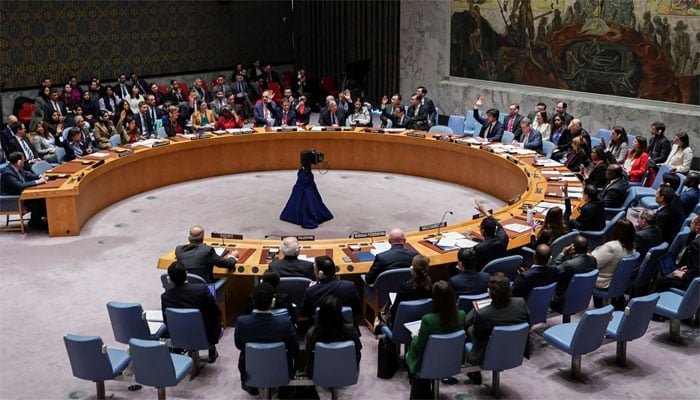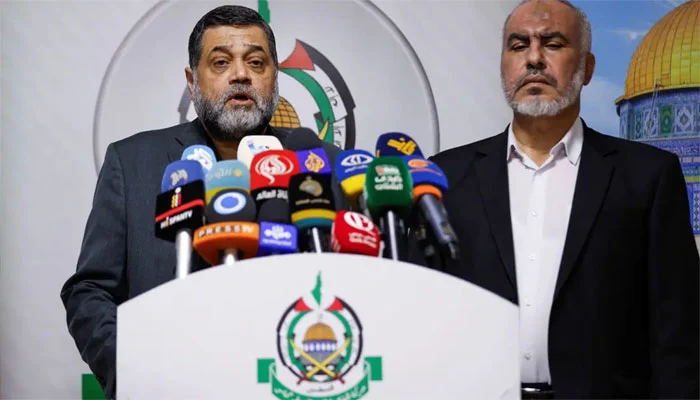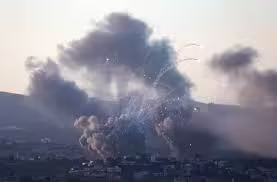The United Nations Security Council has endorsed an aid agreement for the Gaza Strip, focusing on the provision of agricultural assistance with the aim of alleviating the prevailing humanitarian crisis. The agreement, supported by 13 members of the Security Council, addresses the need for sustainable conditions to mitigate the ongoing tensions in the region. Notably, Russia and the United States refrained from casting their votes during the decision.
Contrary to expectations, the accord did not explicitly call for an immediate ceasefire in Gaza. Instead, it emphasizes the assurance of providing agricultural aid in accordance with the region’s requirements. Reports from Western media suggest that the United States played a pivotal role in strengthening the resolution.
In response to the agreement, Israel has affirmed its commitment to scrutinizing all incoming agricultural aid shipments bound for Gaza. The Security Council’s decision underscores the importance of ensuring that humanitarian assistance reaches those in need while maintaining a delicate balance in the region’s geopolitical dynamics.
Secretary-General of the United Nations, Antonio Guterres, highlighted the obstacles faced in delivering aid shipments to Gaza, citing Israeli attacks as a primary concern. Guterres emphasized the urgent need for an immediate ceasefire in Gaza to facilitate the uninterrupted flow of humanitarian aid.
The approval of the aid accord by the Security Council signals a diplomatic effort to address the humanitarian crisis in Gaza. While the agreement focuses on agricultural aid, the absence of a clear call for an immediate ceasefire raises questions about the effectiveness of diplomatic initiatives in curbing hostilities in the region.
The international community, through the United Nations, is grappling with the complex task of balancing humanitarian assistance with the broader geopolitical tensions in the Middle East. The situation in Gaza remains precarious, requiring a delicate diplomatic touch to navigate the intricate dynamics and ensure the well-being of the affected population.



